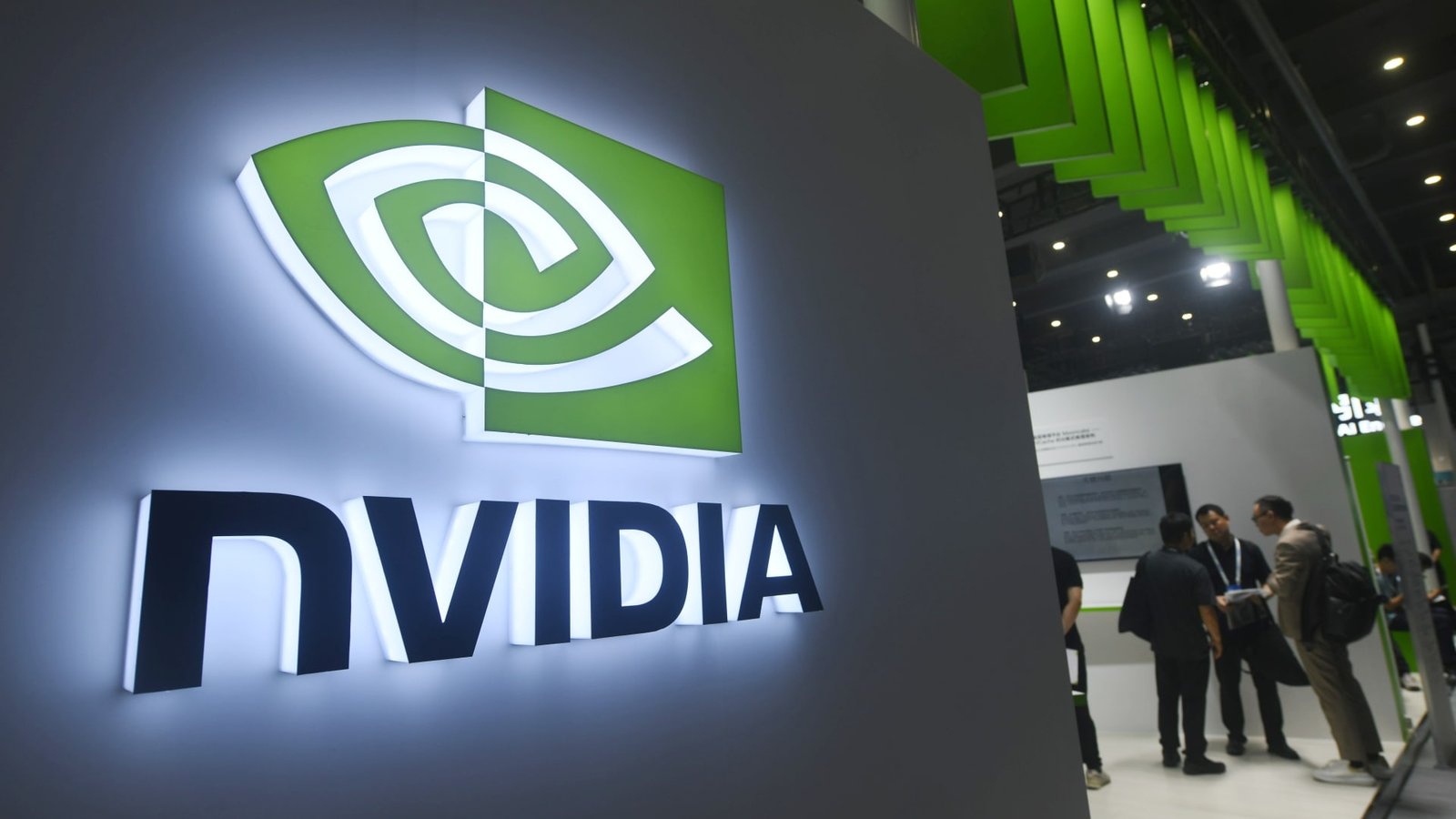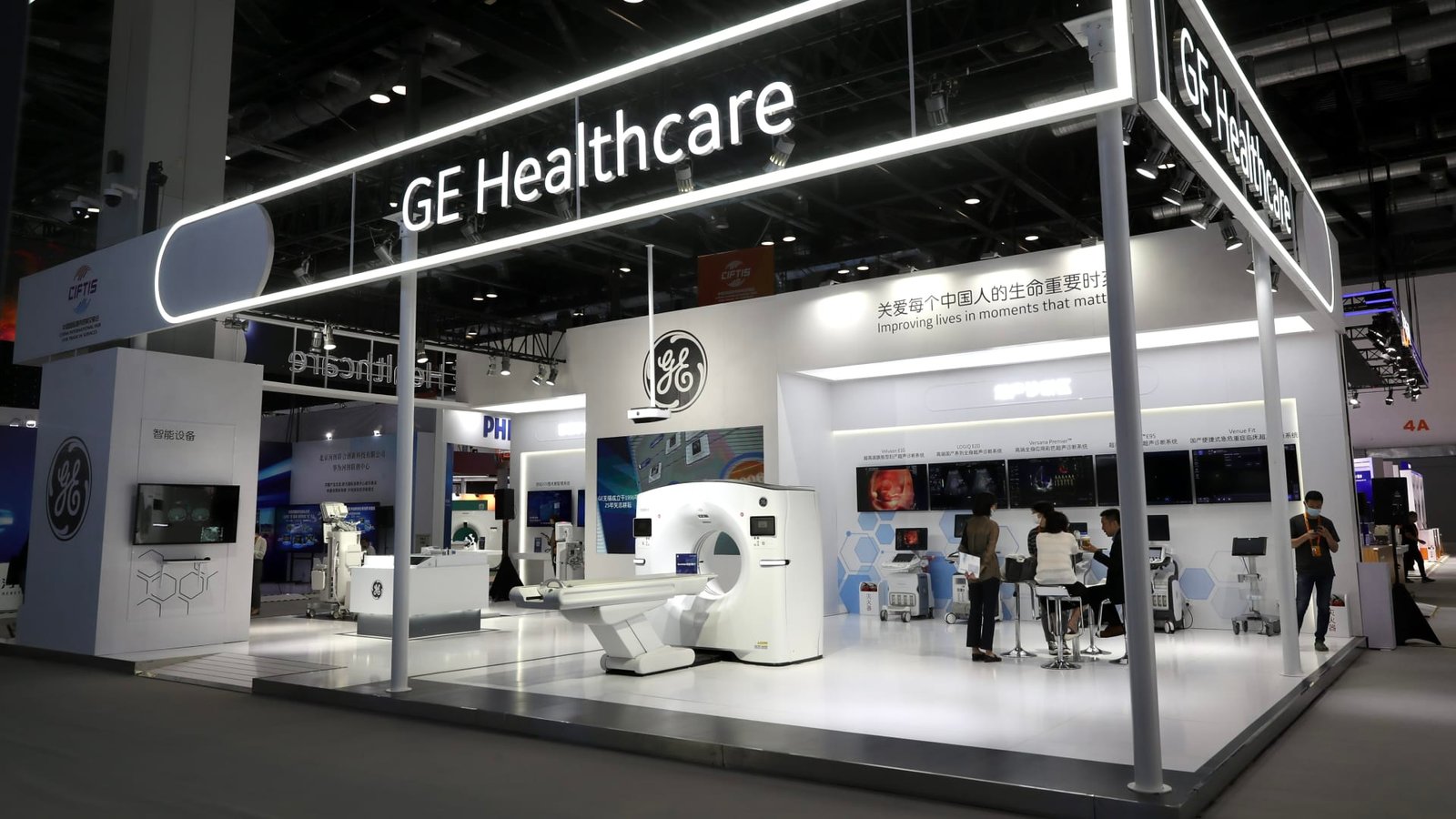In this article, Nvidia, Google, Microsoft, and numerous other tech companies are preparing to showcase artificial intelligence tools in Las Vegas next week, emphasizing their ability to save time for doctors and nurses. The HLTH health-care technology conference, commencing on Sunday, is anticipated to attract over 12,000 industry leaders this year, with CNBC providing coverage. The focus of this year’s event is expected to be on AI tools aimed at alleviating administrative burdens faced by healthcare professionals.
Doctors and nurses are burdened with extensive documentation tasks related to patient records, insurance interactions, and regulatory compliance. These tasks are often manual and laborious due to the fragmented storage of health data across various vendors and formats. The overwhelming administrative workload contributes significantly to burnout in the industry and is a key factor in the projected shortage of 100,000 healthcare workers by 2028.
Tech companies are eager to tap into a market projected to exceed $6.8 trillion in spending by the end of the decade by offering generative AI tools to address these challenges. For example, Google is expanding its healthcare customer base by leveraging AI to tackle administrative burdens. The company recently announced the general availability of Vertex AI Search for Healthcare, which enables developers to create tools facilitating quick information retrieval from diverse medical records.
Microsoft, on the other hand, unveiled a suite of tools designed to reduce clinicians’ administrative workload, including medical imaging models, a healthcare agent service, and an automated documentation solution for nurses. Microsoft’s subsidiary, Nuance Communications, offers an automated documentation tool called DAX Copilot, which uses AI to transcribe doctors’ visits and create clinical notes.
AI scribe tools like DAX Copilot have gained popularity, with competitors such as Abridge and Suki also making strides in the industry. Nvidia, known for its GPUs powering AI applications, is set to address healthcare professionals’ workloads at the HLTH conference. The company has been expanding its presence in the healthcare sector and collaborating with industry leaders to advance AI applications in medical devices, drug discovery, genomics, and medical imaging.
Despite the healthcare sector’s historical reluctance to adopt new technology, the growing interest in administrative AI tools has been evident since the emergence of ChatGPT. As the industry evaluates various tools and vendors, tech companies must demonstrate their capabilities in addressing healthcare’s complex challenges.




